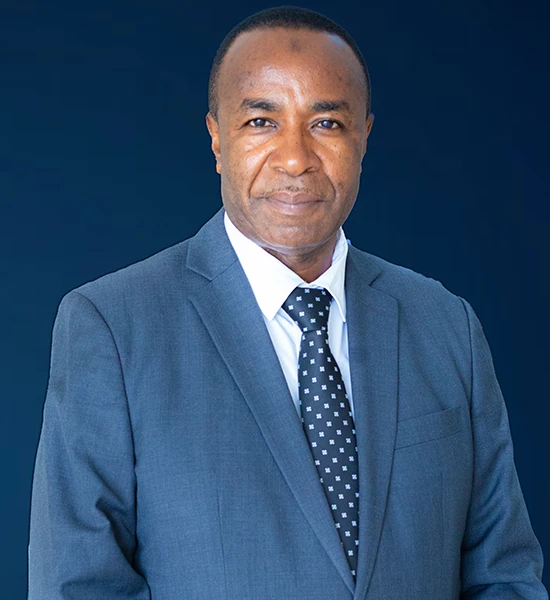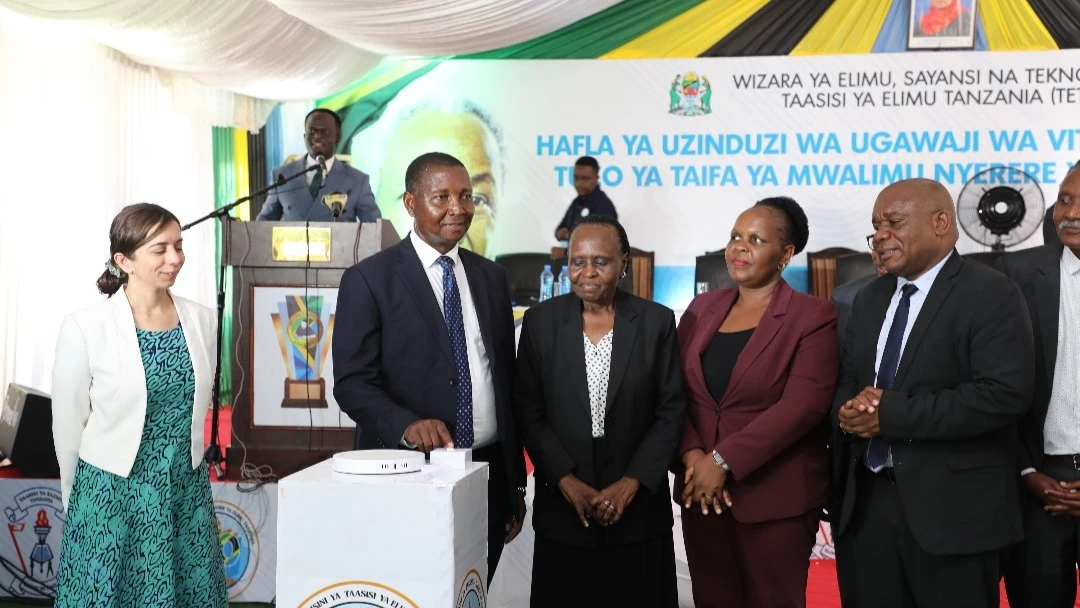TCAA to let NIT start providing pilot training

THE Tanzania Civil Aviation Authority (TCAA) has announced that it is in the final stages of granting a license to the National Institute of Transport (NIT) to provide pilot training in the country.
Salim Msangi, TCAA director general (pictured) unveiled this over the weekend when speaking at the second international conference on logistics and transport.
Msangi highlighted that NIT has already acquired two training aircraft and is following standard procedures to complete the licensing process.
To obtain an aviation training license, applicants must pass through five inspection stages to ensure compliance with international standards.
"The institute must meet all criteria so that any pilots it trains will adhere to international flying standards," Msangi said.
He added: "Aircraft do not have a designated area for stopping in the air; therefore, based on our inspections, NIT has completed four stages, with only one remaining. If they meet the requirements, we will issue them a certificate to commence training."
Msangi emphasized that passing inspection would enable NIT to receive both a certificate and a license to train pilots, thereby addressing the shortage of qualified pilots in Tanzania.
He also discussed the TCAA's role in overseeing regulations and laws governing the aviation sector and providing short course training.
"While NIT offers longer courses, we have our own institute providing short courses that adhere to global aviation curricula," he noted.
Msangi mentioned that TCAA provides guidance services for all aircraft entering the country and manages the airspace of Burundi due to its lack of certified equipment.
"Burundi has delegated airspace management to us, and we oversee all aircraft entering from there," he said.
TCAA also supervises airports and local airlines, issuing licenses for drone operations and handling their registration.
"Our role is to ensure that drone operators receive training and are registered like any other aircraft. Participation in this conference ensures that all aviation service providers operate within the law," he said.
Msangi reiterated the importance of compliance with international standards, stating, "We are prepared to issue a certificate; having reached five inspection stages, we can grant a training license if we confirm their compliance. Our country truly has a shortage of professionals in this field."
Top Headlines
© 2024 IPPMEDIA.COM. ALL RIGHTS RESERVED

























